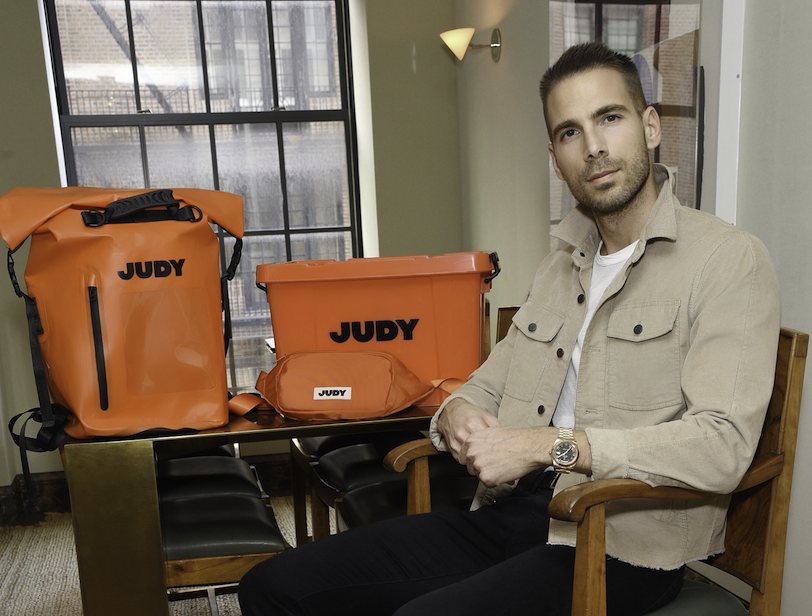We’re living through a global emergency that’s redefining our daily lives. While everyone is focused — understandably — on coping with COVID-19, we should also stay vigilant about preparing for other possible risk factors.
I realize it sounds downright daunting to worry about disasters beyond the situation at hand, but a few small steps can help you feel equipped and ready for the unexpected.
- Perspective Over Panic – in the middle of a nonstop news cycle and flood of social media posts, it’s normal to feel overwhelmed by the sheer amount of information and updates. While you want to stay apprised of the latest developments, over-consuming information can have the opposite effect and distract you from tending to your physical, mental and emotional needs. In order to be equipped for the current emergency and any future issues, we need to maintain our well-being and a clear head.
- Assemble Your Emergency Kit – an emergency kit is meant to sustain your basic family needs until more resources are available. It also encourages you to think through your specific household requirements and plan accordingly. Whether you buy a JUDY or assemble your own kit, having supplies is critically important. And even more so, self-knowledge and information. Ensure your kit contains:
- A minimum three-day supply of food and water.
- Tools and problem-solving items – flashlight, batteries, sturdy gloves, a handheld crank radio, duct tape, matches and a whistle.
- Medical needs – First Aid kit and a back-up supply of necessary prescriptions. Write down prescriptions and dosages.
As a note, your emergency kit isn’t meant to be hidden in the attic or buried away in your garage. You want it to be accessible and visible – whether that’s in your pantry or a closet near your kitchen.
- Find Your Emergency Exits – it might sound counterintuitive to find a way out while we’re self-quarantining, but every household should locate and practice moving through their emergency exits in the event of a fire or domestic disaster. The goal should be to leave your home and meet outside at a predetermined “safety spot” in three minutes. Take stock of doors, but also windows. Make sure they easily open, screens can be taken out quickly and security bars can be properly opened. If you’re on the second floor, figure out how you would get down. Do you have a throw ladder? You can also practice how to tie sheets and check where you would secure them to rappel down.
- Capture the Right Content – take a detailed photo and video log of your home once a year. Establishing the pre-disaster status of your home will save you time, energy and mental anguish immediately following a disastrous event (especially with your insurance claim). Store these files on an encrypted thumb drive and leave in your car or safety deposit box, email to yourself or save in the cloud.
- Be a Safer Sleeper – keep these three items beside your bed at all times.
- Shoes (closed-toe) – an abrupt exit from your home requires sturdy footwear, especially if you might encounter debris or sharp objects. A pair should be placed by or underneath your bed.
- Important documents binder – include copies of passports, health and medical records, and birth certificates.
- Flashlight – keep the batteries upside down in the flashlight to avoid the battery being drained.
While emergencies are terrifying, preparing for them doesn’t need to be. By taking proactive measures to plan ahead and protect yourself, you can reduce risk and give yourself greater piece of mind – something we all deserve right now.
JUDY, a family safety and preparation brand, provides “ready for anything” kits and resource tools to help individuals and families figure out what it means to “be prepared” for emergencies. Visit readyjudy.com to learn more.


